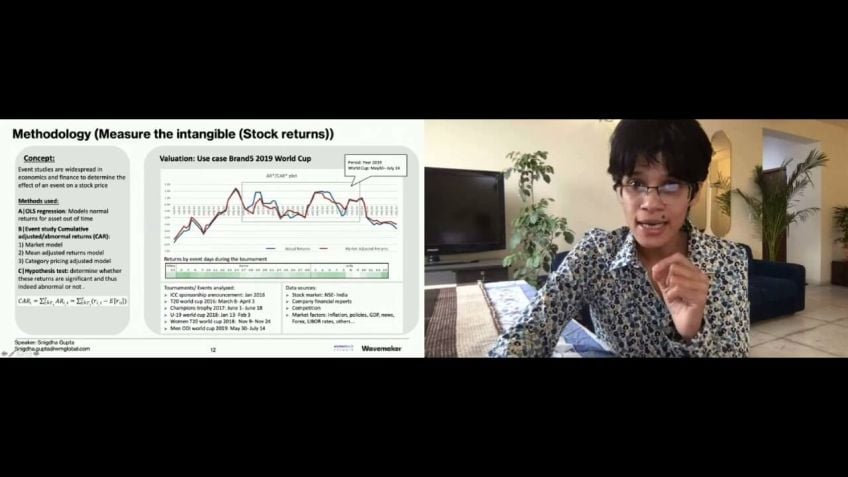- Career Path
- Econometric Modeler
Econometric Modeler
Overview
As an Econometric Modeler, you will have the opportunity to apply your expertise in statistical and mathematical modeling to analyze economic data and forecast future trends. This role is crucial in helping organizations make informed decisions based on data-driven insights.
Roles and Responsibilities
- Designing and developing econometric models to analyze economic data
- Conducting statistical analysis and applying mathematical theories to interpret results
- Collaborating with economists and other professionals to identify trends and patterns in economic data
- Presenting findings and making recommendations based on econometric modeling results
- Continuously improving and refining economic models to ensure accurate and reliable forecasts
Skills Required
- Strong proficiency in statistical and mathematical modeling
- Proficient in programming languages such as R, Python, or MATLAB
- Familiarity with econometric software such as Stata, EViews, or SAS
- Knowledge of economic theories and principles
- Excellent communication and presentation skills
Career Path Foundation
A strong foundation in statistics, mathematics, and economics is essential for pursuing a career as an Econometric Modeler. Candidates with a background in econometrics, quantitative economics, or financial mathematics are well-equipped to excel in this role. Additionally, proficiency in data analysis and programming languages is highly beneficial for aspiring Econometric Modelers.

